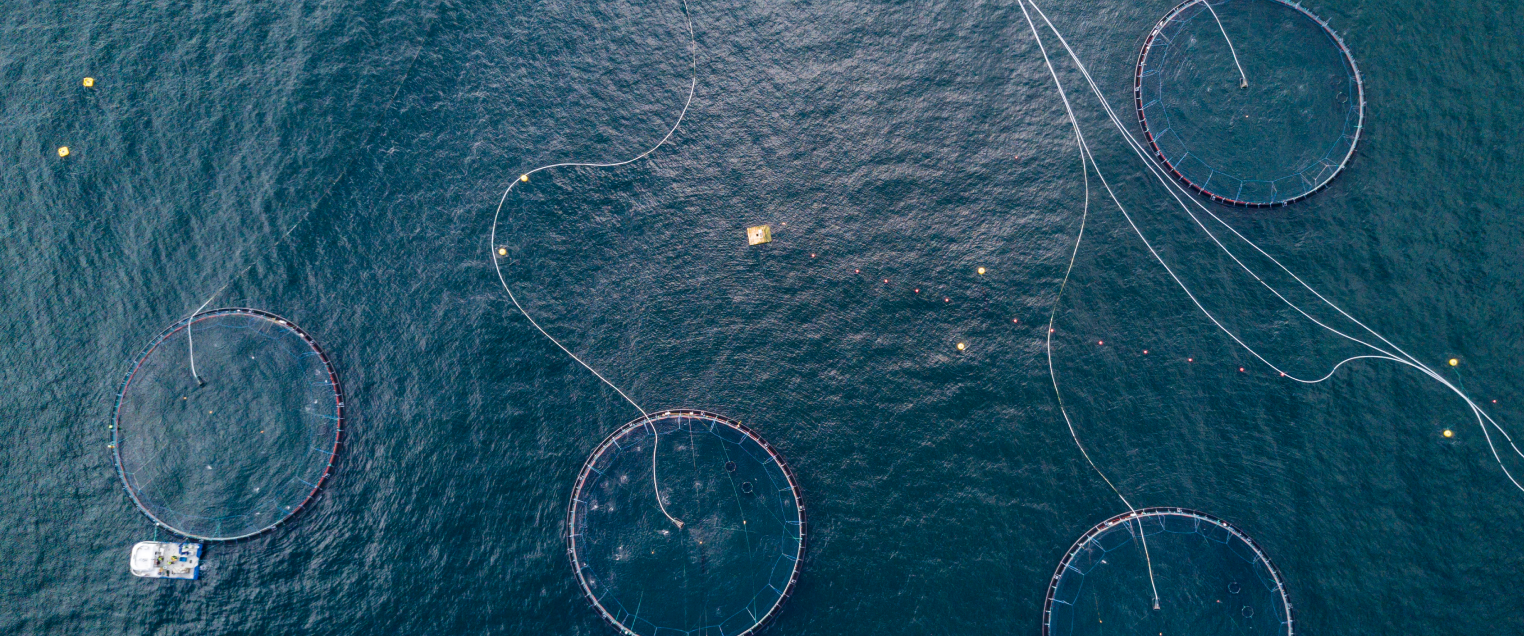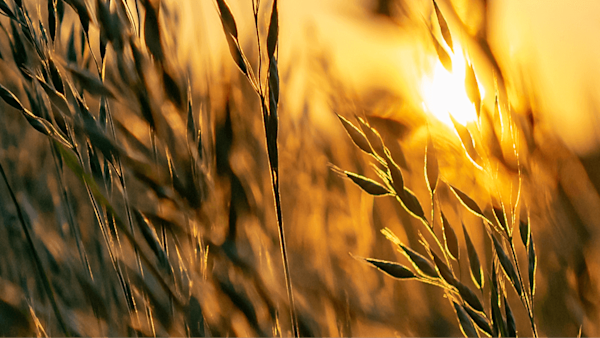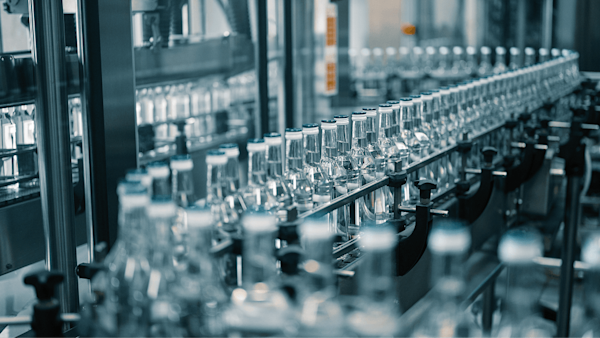Almost 20% of the global wild marine fish catch is used to make fishmeal and fish oil, of which the vast majority is used to feed other fish cultivated in aquaculture farms. Almost 50% of seafood already comes from aquaculture and the industry is facing growing demand to help feed the growing world population. The reliance on marine-derived feed ingredients could put an increasing pressure on already threatened marine biodiversity.
Veramaris, a joint venture of DSM and Evonik, produces an ASC-MSC certified natural marine algae oil which can supplement and even replace the use of fish oil in aquaculture feed. This in turn can help the industry grow within planetary boundaries, leaving room for biodiversity to flourish. The innovation makes use of a zero-waste fermentation process that uses microalgae to produce the essential fatty acids EPA & DHA Omega-3.
Biodiversity benefits
By providing an alternative to fish-based feed, Veramaris’ algae-based solutions can help to produce healthy seafood whilst reducing the industry’s reliance on marine-derived feed ingredients. The company reports that one tonne of Veramaris’ algae oil delivers as much as sixty tonnes of Omega-3 that would have otherwise been sourced from wild caught fish.
This page is part of a deep dive into biodiversity and food, where we delve deeper into regenerating nature by redesigning food systems.







